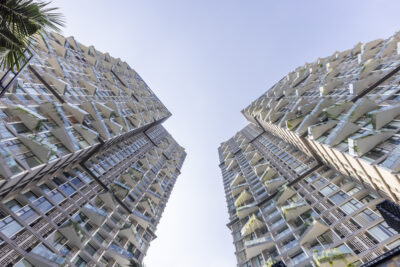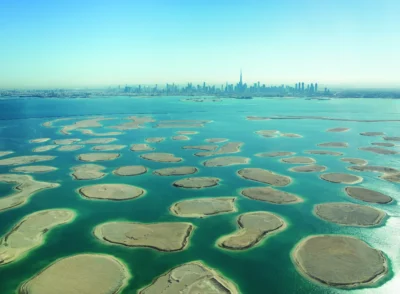India welcomes world’s second biggest, Asia’s largest data centre
Developers revealed that the infrastructure will also be powered by renewables onsite and offsite

On Thursday, Mumbai Live reported that the Yotta NMI building in Navi Mumbai, now renowned for being the largest data centre in India, the biggest Tier IV Data Centre in Asia and the second largest in the world, has launched via video conference led by Chief Minister Uddhav Thackeray.
“What makes Yotta story unique is our ownership of all key input resources, massive economies of scale with our land banks, captive green energy generation and distribution capabilities and unmatched expertise and experience in data centre domain, including design, engineering, construction and operations,” said the managing director and co-founder of Hiranandani Group Dr. Niranjan Hiranandani.
Darshan Hiranandani, the group CEO of Hiranandani Group, added: “This data centre is a global pioneer not just in terms of capability and price, but more so in terms of its focus on efficiency and sustainability. We provide the most efficient power offering available in the market today – not just the lowest price of power but also a Power Usage Efficiency or PUE that is a global benchmark for the tropics.”
Back in 2019, the group revealed the establishment of Yotta Infrastructure, a subsidiary that is currently constructing hyper-scale data centres across the country and will serve as a managed data centre service provider.
More: Data centres prove to be a profitable investment in developing countries
Since the announcement, the decision to create a subsidiary for a data centre has caused a lot of concerns, but since the pandemic has prompted most industries to go digital, they saw a boost in OTT, digital learning, online banking and eCommerce.
For the initial stage or phase zero, the group plans to shift to renewables, along with gas-based fused heat and power generation on-site. This process enables them to provide chilled water at economical rates and reduce PUE numbers to 1.2, which is practically inconceivable considering the country’s weather conditions.
Moreover, the infrastructure is built to last for the future, having the capacity to operate 100 percent on renewables, be it onsite through hydrogen-based co-generation or offsite through wind and solar.
Recommended
Dewan Architects’ Mohammed Adib leads with human-centred design and technological innovation in the Middle East and beyond
Mohammed Adib channels his childhood curiosity and dislike for design uniformity into his work at Dewan Architects + Engineers
UAE real estate shifts focus to sustainability and quality, revitalising iconic projects
The UAE has risen from its challenges to emerge as a more sustainable, quality-focused destination
Exploring A Life By Design’s maximalist approach to interior design
Andrea Savage is embracing the maximalist trend with bold and vibrant interior designs
Jakarta’s emerging innovation hub integrates tech and healthcare sectors
The Digital Hub in BSD City is being positioned as Indonesia’s counterpart to Silicon Valley






